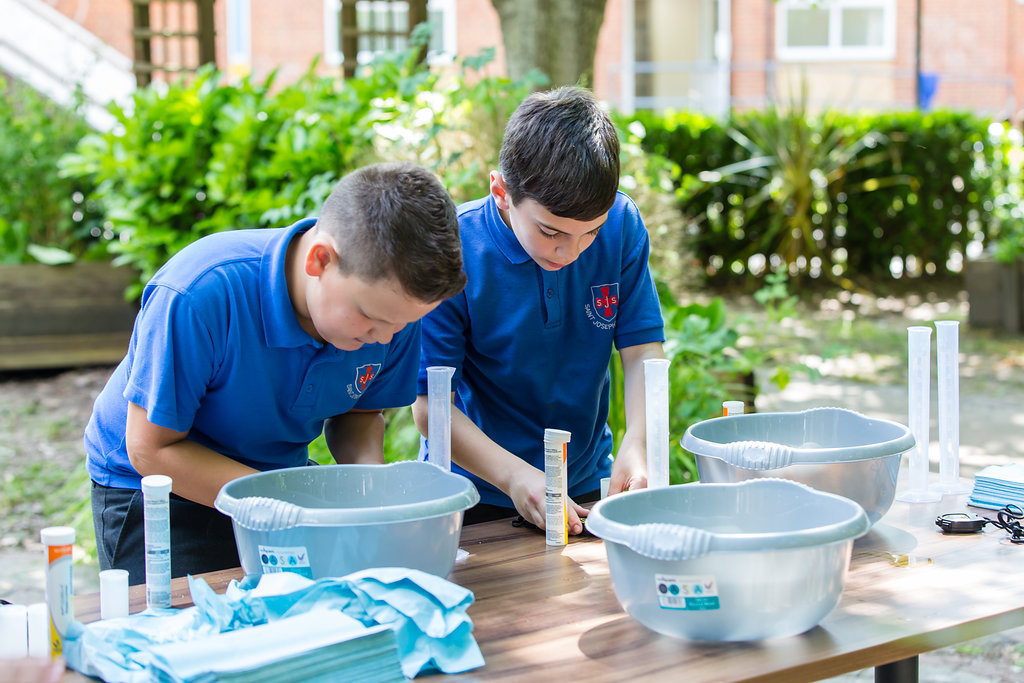
Sats: Under one in four pupils reach expected standard in science
The Standards and Testing agency published their “Key stage 2 science – sampling 2016” in July 17.
 In this they reveal that only an estimated 23%, fewer than a quarter, of 10 and 11 year olds’ reached the expected standard in science during 2016. The sample was statistically significant with over 9,500 pupils represented across 1,900 schools.
In this they reveal that only an estimated 23%, fewer than a quarter, of 10 and 11 year olds’ reached the expected standard in science during 2016. The sample was statistically significant with over 9,500 pupils represented across 1,900 schools.
Other points the report highlights are:
- There is no gender gap; boys and girls perform equally
- Pupils on free school meals perform badly with only 9% reaching the expected standard (compared to 25% of those not on free school meals)
The report also say: “As there was a large overlap of questions between the 2014 and 2016 administrations, outcomes can be reported on the same scale. However, any differences in performance between 2014 and 2016 must be considered in the context of the changing primary curriculum.”
Empiribox opinion
In 2009 the government scrapped the science Sats on the basis that they were a poor predictor of children’s later science results. After a lengthy consultation period a new curriculum was then introduced in September 2014 and at the same time the sampling methodology was changed, sampling fewer children but across a greater number of schools.
Given the appalling decline in science outcomes – graduate scientists – for the last generation and the exponential growth in demand for a STEM qualified workforce worldwide, we believe the new curriculum is a fundamentally important step in helping the UK to stop haemorrhaging its science heritage and to start encouraging more young people to take up the challenge of a STEM career.
The reason we believe this is because the curriculum, instead of focusing purely on knowledge, actually challenges children to understand the scientific method and develop scientific skills.
This is a significant challenge to the status quo and in our opinion essential if we are to take children from year 6 into secondary school and expect them to be enthralled by and engaged with science. We know this is important because Empiribox was founded by, and employs, experienced secondary school science teachers who struggle from the moment they face a new year 7 with building on the raw talent so inherent in people that age.
We are proud of the results our pupils achieve with their science – see our results. Importantly, we see no gender barriers and we see both free-school-meals and special needs pupils as engaged, and therefore progressing, as any other children.
Most important though, we believe with all our hearts that young children are naturally curious and naturally engaged if exposed to real and practical science; it helps across the curriculum, across the school and most of all enhances their life chances.